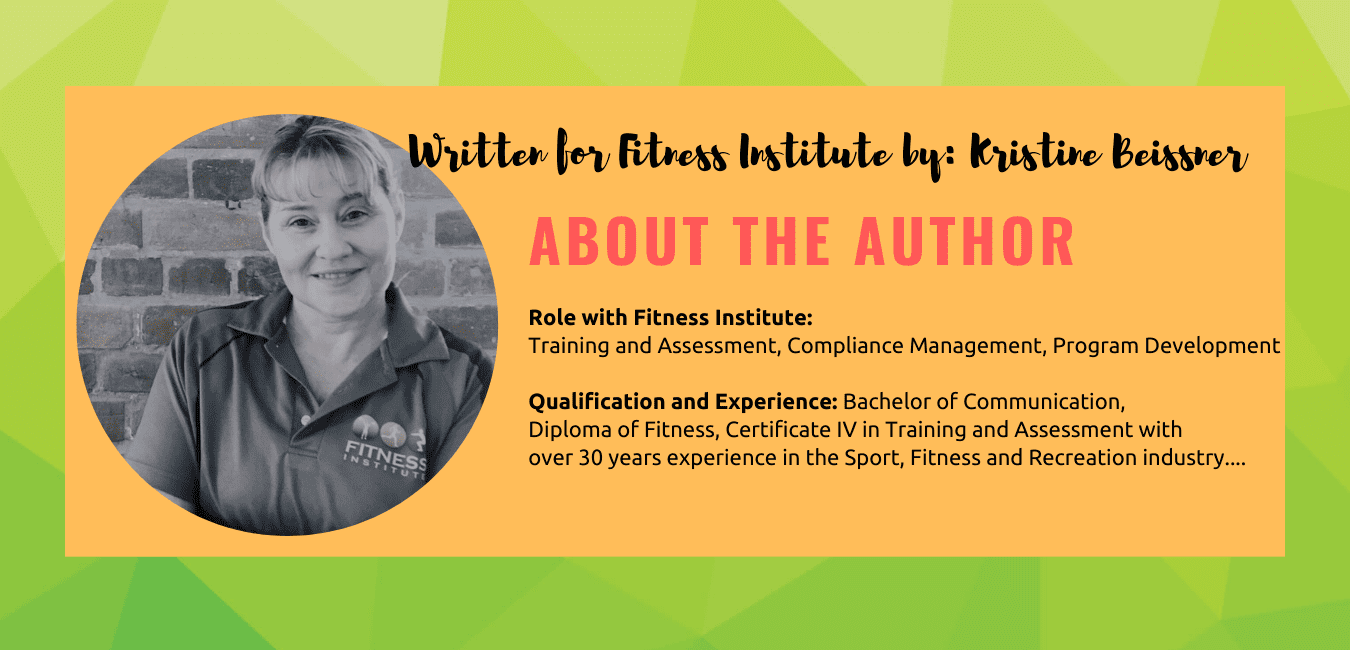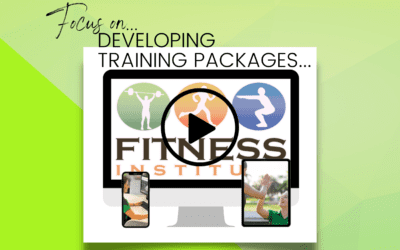It’s always a good time to reflect on where we’re going in our life and in our career!
If making a career plan is something new for you, we’ve put together some excellent Professional Practice advice based on information contained in our SIS50215 Diploma of Fitness qualification.
Self-reflection, evaluation and making plans are often thought of as wishy washy, pointless activities, gimmicky add ons of no value that are designed solely as boxes to “tick off” in performance reviews – more of a waste of everyone’s time than anything…
We disagee….
In fact we’d go so far to say self- evaluation is essential to our personal and professional development and as an extension of this, your overall chances of achieving career success.
As a way to planning for the future and assessing (and appreciating) our strengths, challenges and areas to improve – there’s just no other way!

So – what will we need before we embark on our journey of self-discovery?
Well, it’s always important to pack light and sensibly, but there’s also some commonly accepted attributes that help with this process like,
- A willingness to be honest with ourselves – it’s always the best policy….
- An ability to ask yourself the tough questions – imagine yourself on the panel of Q & A
- Positivity (most of the time) – aim for 90% “I’m good at this” and 10% “I really need to improve here”
- An understanding that critical thinking is not the same as criticising ourselves and others
- Admin skills sufficient to keep records of your achievements
- A commitment to thinking long-term
- Courage to give voice to your ambitions and make them real and tangible
- Humility to ask for direction, advice, coaching and mentoring
So take a seat, grab a pen or turn on your favourite device (which allows you to store info) and try answering these questions to get you started:
- What have you achieved over the last few years?
- What are your strengths?
- What challenges you?
- Do you have the resources you need to get where you want to go?
- What additional resources would help you get there?
- What skills would you like to acquire?
- What can you, or others do to help?
- What information do you need?
- What are your long-term career objectives?
- What are your plans to accomplish these objectives?
- How can you bring added value to your career?

Let’s make a Plan!
There are three great reasons to create a self-development plan:
- To improve performance in our current role
- To address anticipated changes in our career
- To achieve our future career aspirations
Self-development plans are valuable training and development tools because a well-designed one can help us improve skills, knowledge and abilities….. and career prospects.
Having a plan is important because plans provide clarity, motivation and structure in order to identify and make the improvements we need.
Without a self-development plan in place, the path to self-improvement can seem a little hazy, but once you commit to it, you stand a far greater chance of achieving your goals and career success.
So, what are the steps to creating our self-development plan?
Step 1: Analyse your skills
Assess your strengths and what challenges you, then identify improvements you’d like to make. Ideally, try to do this alone before you discuss with others.
Step 2: Set out your objectives
Make a list of specific and realistic objectives which enable you to meet the learning and development needs you identify during the skills analysis. For example, objectives might include:
- Mastering a computer program
- Achieving a qualification
- Delivering a presentation to others
Step 3: Rate Your objectives
This step requires you to rank objectives according to importance. For example, you may rank an objective in relation to your current and future situation:
- Critical
- Beneficial but non-critical
- Critical to your progression
- Beneficial but non-critical to your progression
Step 4: Identify activities
Think about what will enable you to achieve your objectives, for example:
- Formal training
- On-the-job training
- Shadowing someone else or volunteering
Step 5: Outline support and resources
Determine what you need to achieve your objectives, for example:
- Extra support and understanding from family, a supervisor or manager
- Time to do training or study
- Funds for training courses
Step 6: Set deadlines for achievements
It’s important have an end date for each specific targets along the way as this keeps you motivated and helps you stay focussed on your development.
Deadlines are especially useful when you review your self-development plan as you’ll identify factors that have prevented you from reaching objectives, if you haven’t met your targets in the time you gave them to be achieved.
You’ll then be able to build contingency plans into future self-development plans to help prevent those same obstacles getting in the way again.
Step 7: Identify review dates
It’s a good idea to include a date for when you are going to check up on your self-development plan as this will help you to:
- Assess progress and reflect on your learning
- Assess whether development objectives need to be tweaked
- Identify factors preventing you from achieving objectives
- Update plans to ensure you meet your deadlines in the future

So you’ve written up your plan, what now?
Well, now it’s time for action!
This means:
- Following through on your plan
- Working hard and staying enthusiastic and positive
- Organising the support and resources you need
- Turning up to training courses, seminars, workshops and conferences
- Making time to study
- Being honest with yourself and remaining conscientious
There’s no point just going through the motions, if you’re not doing enough to meet targets, acknowledge and address the situation and if you’re overworking yourself and can afford to take a break, take it!
Remember to regularly update and share your progress.
Maintain weekly or monthly records of the objectives you have and haven’t achieved.
Chart your progress and assess whether or not your self-development is going according to plan.
Allow others to check your progress (e.g. someone close to you, a supervisor or manager) so they can help you out with any challenges you might be struggling with.






